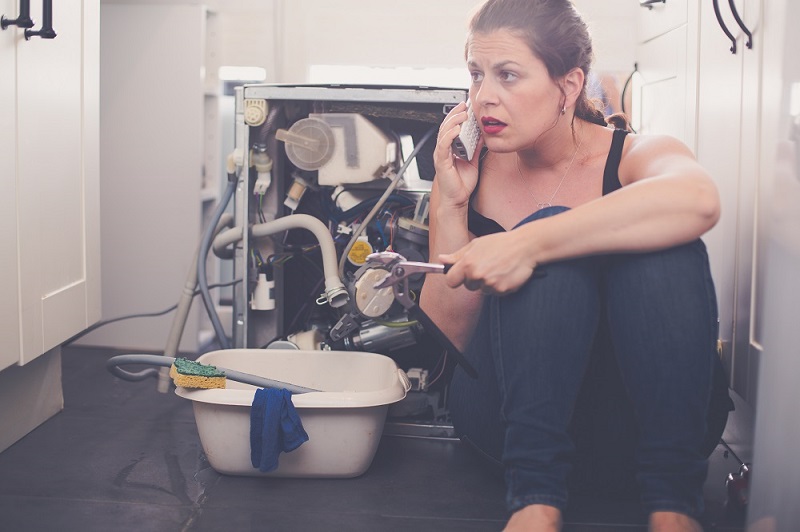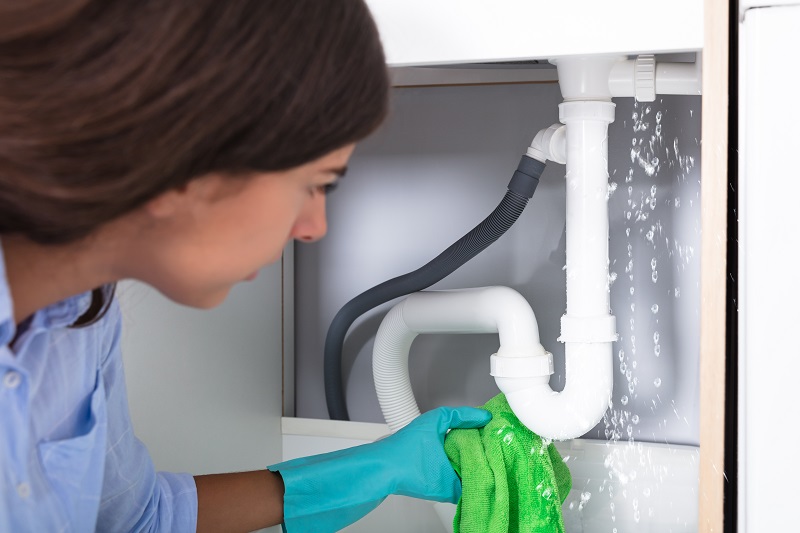A lot of people take plumbing for granted and keep using the same as long as long as it keeps working. Then again, there are a lot of people who do not even have any indicators or an extra toilet that can be used during the time of emergency.
However, not keeping an eye on plumbing emergencies can lead to disaster and that is why there are certain tips that should be followed to avoid the emergency plumbing situation in the house, if you do have a disaster and require plumbing in Richmond Hill, that’s an easy fix! If not, check out these tips.
Tips to Avoid an Emergency Plumbing Situation
#1. Check for Any Leaks – It is very important to check the fixtures at regular intervals. Check whether there are any abnormal water spikes from bills (which is mainly caused by leaks), and never delay fixing these problems. Even a tiny leak can lead to a big problem (and expenses regarding repairing the plumbing) sooner or later. There are some other signals of warning – a toilet that has converted into rocks on the base and moisture signs such as peeling paint, or stained walls, etc.
#2. Do Not Go Harsh Upon Your Toilet – Only toilet papers should be kept in a toilet. Flushing anything, such as leftover food, diapers, deceased goldfish or feminine products for hygiene is risky for the plumbing system. Pouring down fats and oils in the toilet may look like a tidy and clean way to get rid of the waste but these calls for emergency plumbing.
#3. Disposal of Kitchen Garbage Should Be Taken Care Of – Disposing too hard, stringy and starchy food materials along with non-food materials onto your sink can turn out to be worst for the pipelines. The disposal should be used to clean the left of food on dishes and mixing bowls after any meal.
#4. Purchase A Strainer for The Sink – These should be used in the bathroom and kitchen, to keep gunk particles and hair from running down the pipes along with water.
#5. Do Not Use Harsh Chemicals – The water pipes can be damaged because of the usage of harsh chemicals. An alternative way should be found, like using a snake for drain or a plunger to unblock the drain. If the clogging is more serious then you should call for emergency plumbing.

#6. Clean Up the Water in Heater Tank Yearly to Remove Any Sediment Build-Up – It is important to clean the water heater every year. The sediments that get accumulated in the heater should be removed on a regular basis.
#7. Insulating the Pipes If You Reside in A Cold Climatic Condition – On specific cold days of winter, open the piping to let it meet the warm air and the faucet should be left to drip slightly. This will not let the pipes to freeze.
#8. Know where the main water shutoff valve is – The main water shutoff valve is placed in front of the house, close to the water meter. In the case of broken pipes or overflowing, the water system must be switched off. This will help in the time of emergency. See that the handle is well turned (during winter, it may stiffen up, so a regular test is needed).
#9. Know the Location of Background Plumbing – If a lawn sprinkler system is installed in your home, then ask for the diagram of the underground plumbing from your contractor. Before any innovation on the property, for instance, a new addition of home or a swimming pool, use an expert technology of pipe locator to locate the plumbing.
#10. You Must Have A Neighbour to Rely on Such Emergencies – For potential emergency plumbing while you are not at home for a long period of time you must be able to rely on your neighbours. Many houses have sensible systems those programs to keep an eye on flooding inside the house.
Follow the above-mentioned tips and get answers to all your plumbing issues.


Honestly I just had a big plumbing issue come up recently that could have totally been avoided! These tips speak to exactly that haha